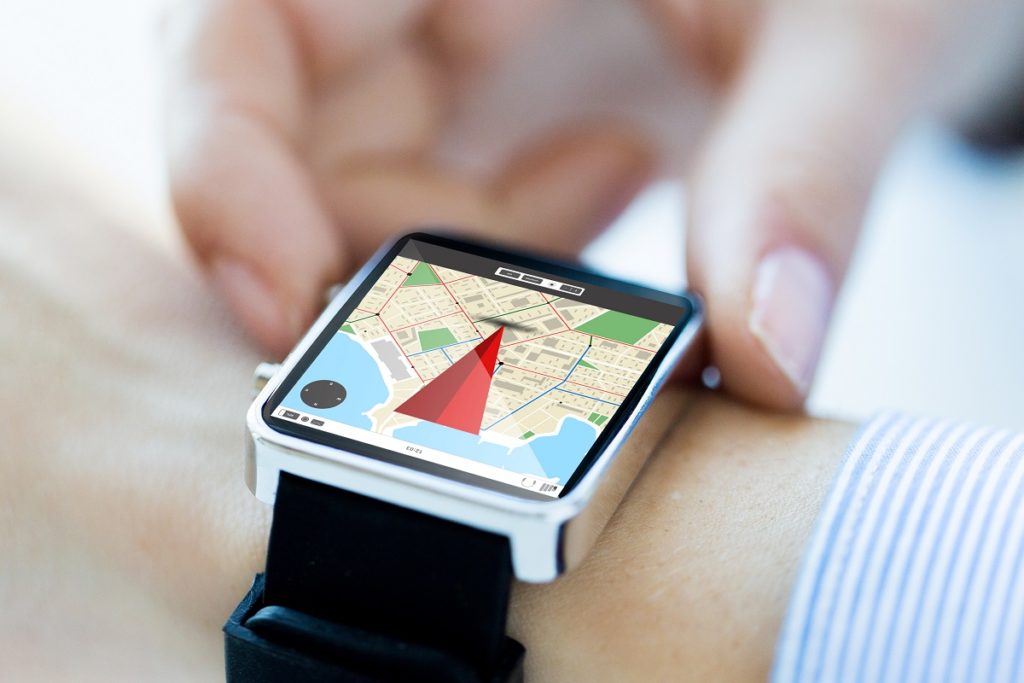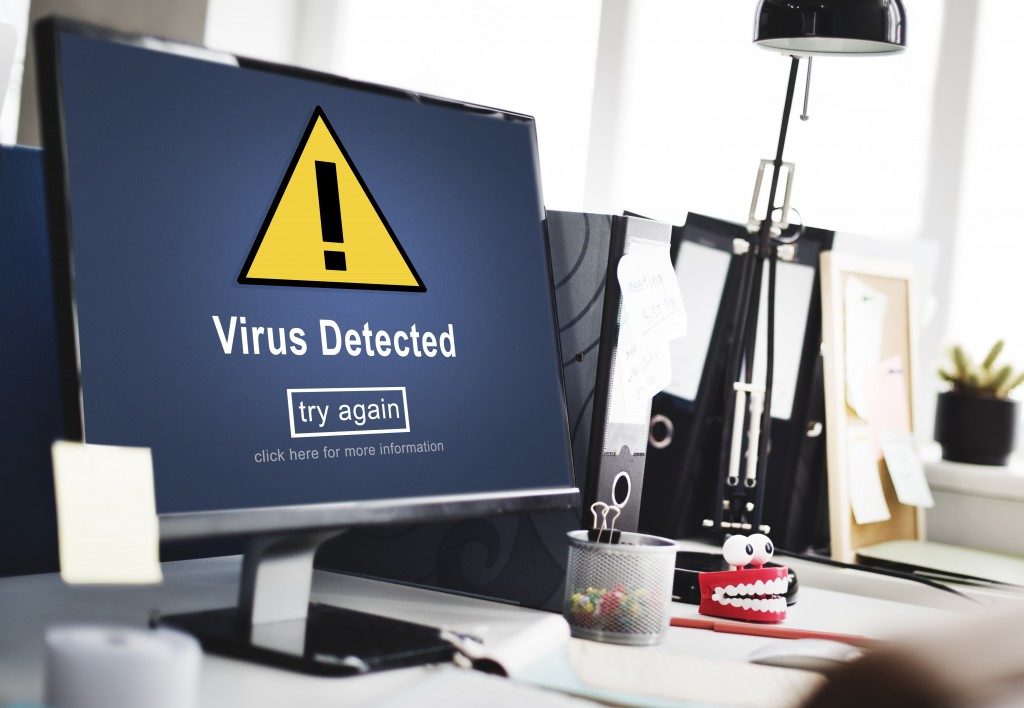Location technology is moving towards digital transformation. It creates new solutions in nearly every aspect of life. We all know that location is useful for navigating and monitoring. But what else makes it an essential business tool?
Location technology can provide benefits in different industries. Since its introduction to commerce, most companies now have control over their operations. Businesses make use of this technology to gain extensive consumer information. Doing so helps them create better business and marketing decisions.
Let’s look at how location technology transforms our commerce industry and its role in your business.
Location-based Technology
Today, various systems rely on real-time location monitoring. This implies that technology can track any user’s physical and geographic position. This data is what we call a location-based service. We can associate most of this technology with mobile phones. But, it is also available on any device that can give a location, including desktop computers.
There are many ways that your device can give your location information. The following are the most common ways to do so:
Global Positioning System
The Global Positioning System is a network of satellites that identifies locations. Thus, any device that has a GPS receiver can connect with these satellites. With its tracking and navigation capabilities, GPS can protect your assets. Most companies install this system on their vehicles to trace locations from afar.
Cellular Tracking
Cellular tracking functions like GPS. Your gadget, however, will connect to cellular towers rather than satellites. You’ll be within range of at least two towers, which is enough for the system to locate you.
Wi-Fi
Wi-Fi location monitoring differs from previous approaches in a few ways. It uses IP addresses to track your location. Every network has a physical IP address that can tell where in the world you’re in. As your phone connects to a Wi-Fi network, it identifies your present position.
RFID
The RFID scanner is usually available in a fixed location. It documents the scanner’s location when it pings off other networks. It records the access and tags its position. This service can be useful to pinpoint the device that is using the scanner.
QR Codes
In theory, quick-response (QR) tracking is like Wi-Fi. This dynamic QR code will log information about its owner after scanning. Once the QR code establishes its owner’s details, it documents where the scan took place. Any time you scan the code, it marks the places where you’ve been.
Uses of Location Technology
There are many ways that companies can use location-based data. Here are some of the most common methods that can improve your business:

Store Locator
Nowadays, consumers are locating stores using the internet. You can boost your market presence by allowing people to find your business.
Proximity-based Marketing
Local businesses use location information to reach potential clients in their immediate vicinity. As these people are more likely to act, you can directly target your advertisements to them.
Travel Information
A location-based service provides real-time information, such as traffic updates and weather forecasts. This way, you can adjust your business plans. You can also prevent unexpected circumstances by alerting your employees.
Roadside Help
Automotive GPS tracking solutions enable you to make quicker and better business choices. Many roadside help providers offer real-time trackers to locate your exact position. Aside from vehicle monitoring, some companies like PassTime also offer theft recovery solutions. You can visit passtimegps.com for more information.
Workforce Management
Location-based services allow logistic-dependent companies to trace their employees through their devices. Geographic data is useful for businesses with a remote workforce. It guarantees that employees are where they need to be.
Fraud Prevention
Location technology adds protection by linking a customer’s location in every transaction. It records transactions across regions by tracing where the buyer’s location originates.
Location technology matters, most especially for those in the business industry. It is useful to gain a better connection toward their consumer and the market itself. Companies may use it to gather real-time data for assessment and improvement. It also helps gain competitor insights. Doing so will fix marketing tactics that affect sales and income return.
If you want to become a market leader, it is important to understand the value of real-time analytics. In a world where everyone is online, you can use this information to leverage toward success.
While it may take a while, technical progress is moving faster than you may expect. Preparing for the future is critical, especially for businesses that wish to dominate their markets. As the location-centric society arrives, is your business ready?



